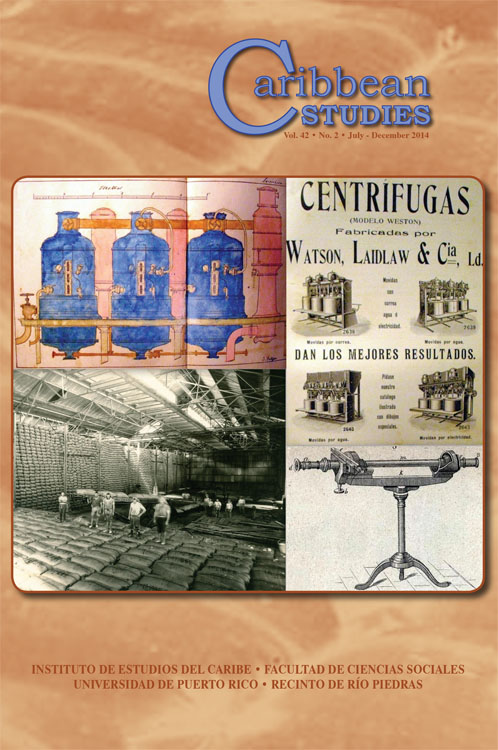Abstract
After Cuba‘s war for independence (1895-1898) its sugar industry, in addition to recovering from the war‘s effects, continued adjusting to the strong technological-organizational change that it experienced during the late nineteenth century. The reason for this change was international competition, but the way in which it was implemented responded to specific factors: relative supply of inputs, the abolition of slavery, and the accelerating effect that the independence war and a trade agreement with the United States—which occupied the island between 1900-1902—had on said change. These factors explain why sugar mills equipped themselves with unusual capabilities as a means to support the growth in their supply, which was allowed by the United States markets, maximizing their efficiency. Because the sugar mill is a continuous process technology in which any modification entails organizational problems, such conditions gave an even greater importance to the adjustment, since making the innovations profitable depended on successful implementation of the incorporated technologies. The subject requires a detailed analysis, however, it has only been studied from its results due to a lack of sources. There is, however, a review edited between 1900-1902 which allows for investigation of the problem from the transformations, and, with further studies and data, determine their effect.Downloads
Download data is not yet available.

